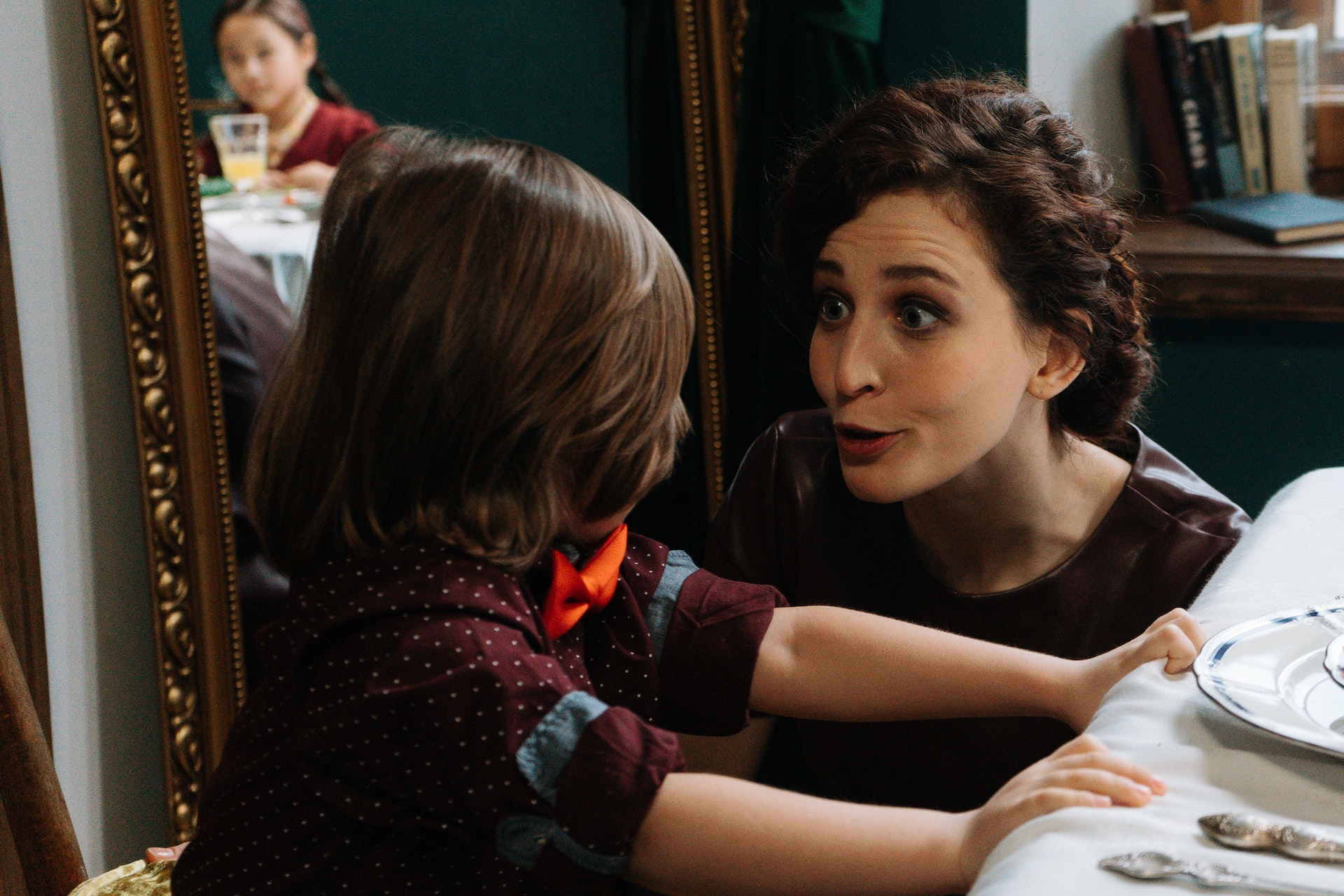

Take a moment and think about a schedule for your nanny and kids. You may think it’s a relatively adult thing to consider. That’s true — your calendar rules when you work, when you schedule appointments, and when you squeeze in some downtime. You’re not the only one who needs a schedule, though.
Even babies and younger kids can benefit from having some dedicated time blocked off during the day. Kids thrive when they know what to expect. If you have an at-home nanny, they can keep your little one on a daily program. Keep reading for several ways to create a schedule that works for everyone.
1. Block Off Mealtimes
If you’ve ever been around a fussy baby or cranky toddler, you know how critical mealtimes can be. It could be banana pancakes for breakfast or a quick snack of Goldfish crackers. Missing an opportunity for munchies just isn’t an option. If your nanny lets it slide more than once, you’ll have an unhappy child on your hands.
You can side-step the hangries by using your online calendar. First, block off time for breakfast, lunch, and dinner. Then, consider setting reminders for snacks. Those mid-day alerts will allow your nanny to spot-check whether your child needs a nibble or two. Then, without tummy grumbles, your child will be ready for everything else the day brings.
2. Get Started with Learning
You’ve probably heard it before; little brains are like sponges. They soak up nearly everything around them. That means virtually everything a child does during the day can be a learning opportunity. Still, setting aside time that’s devoted to something educational can encourage your child’s natural curiosity.
When it comes to learning, there are lots of methods available. Reading, playing music, and working with colors are all great options. Plan some time for your nanny to use flashcards to introduce ABCs, numbers, and even colors. Nursery rhyme songs expose your child to rhythm and melody. At the same time, suggest your nanny talk about crayon colors while reminding the child to try to stay inside the lines (although staying in the lines is not the taboo issue it used to be!). Whew!
3. Work on Some Exercise
Even small children and babies need some workout time. OK, so they’re not focusing on cardio or sculpting their biceps. They do need physical activity, though. It’s how they build muscle and develop coordination for walking, running, and all other activities. So be sure to dedicate some time during the day to increase your strength.
If you have an infant, block off some tummy time. It will help with neck strength and encourage them to learn how to roll over. It’s also an essential part of learning how to crawl and, eventually, walk. As they grow, their energy grows with them. Toddlers will need more play and exercise time.
Add some morning and afternoon time to the schedule so your nanny can help your child get the wiggles out. Offer up suggestions you know your child will enjoy. Maybe recommend a morning nature walk. Then, suggest an afternoon at the park to run and kick a ball. Staying active keeps your child healthy and gives your nanny a chance to exercise, too.
4. Dive into Another World
If you’ve ever spent time reading to your child, you know how magical it can be. There’s something special about telling a story when your little one is on your lap. So it shouldn’t be surprising that your kid will enjoy curling up with a good book during the day, too. So, remember to factor story time into their day.
There are lots of benefits that come with reading to a child. As you read, they get to create a whole new world in their mind. Their imagination can run wild as they develop characters and scenes in their head.
If your child sits with your nanny during story time, they also get more exposure to words. When your nanny reads, your child both hears and sees the words. Stick to this part of the schedule, and your child may learn to read earlier than expected.
5. Get Relaxed
Penciling in this time on your child’s schedule is vital for both your little one and your nanny. A busy day of fun is still a busy day. Everyone is going to get a little tired. So remember to factor in time for a few breaks. It’s a valuable chance to recharge the internal batteries.
While some parts of your child’s schedule can be a little flexible, ask your nanny to stick to the timeframe for naps. Set a calendar reminder to help. Even the most alert kid can go from happy and laughing to an epic meltdown when they need some rest. You can avoid those tantrums and the extra energy required by paying attention to the clock.
These quiet moments are also a breather for your nanny. Caring for a child is lots of fun. But it can also be draining. When you block off sleepy time for your kid, you’re giving your nanny a daily gift. During that downtime, they can take a cat nap of their own. Maybe they choose to read a book or catch up on some phone calls. Either way, it’s their mental health moment for the day.
6. Get Creative
If you’ve ever watched a small child with blocks or a Lego® set, you can tell they’re great little creators. They don’t follow the same logic as adults so that they can come up with some fantastic things. Expressing themselves in different ways helps them build problem-solving skills. It can also support their mental growth and development.
The excellent news for your nanny is that scheduled creative time is similar to playtime. When the calendar reminder pings, they can announce it like a party. It’s “Imagination Time!” Suggest they dedicate time to building a fort or baking a cake.
Encourage your child’s inner artist with some sidewalk chalk. Invest in puzzles or make some homemade playdough. Or inspire their inner cat. Give them a box — but explain it’s not a box. It’s their job to figure out what it is!
7. Plan for Clean Up
At the end of the day, there will be messes. Maybe it’s your living room, kitchen, or child’s room. Whatever it is, you need to let your nanny know when you’d like the clean-up to begin. Setting a time to start the pick-up process helps your child transition to the evening. It also helps your nanny begin to wind down mentally.
Cleaning up doesn’t have to be a chore or bore, though. It can easily be a creative experience, too. For example, they (the nanny and kids) make up a clean-up song they can sing, so putting their toys away is more fun. You could even make it a game. They get the point for every toy or art supply they put away correctly the first time. Then, when they get enough points, they get a silly sticker.
Be sure to celebrate your child’s good job when the cleaning is over. Praise from your nanny — and you about any subject is beneficial for your child and helps them build pride in a job well done. It also encourages them to do the job well the next time.
Taking care of and spending time with a child during the day can be a fun-filled, exciting experience. It helps when you have a plan, though. When your nanny has a schedule they can carry in their pocket, it’s easier to keep track of time. With an online calendar at their fingertips, everything runs smoothly for the day, making more room for smiles.
Featured Image Credit: Photo by Cottonbro; Pexels; Thank you!











Abby Miller
Student at UC Berkeley, currently working on a degree in Electrical Engineering/Computer Sciences and Business Administration. Experienced in CSX, productivity management, and chatbot implementation.